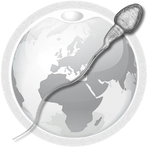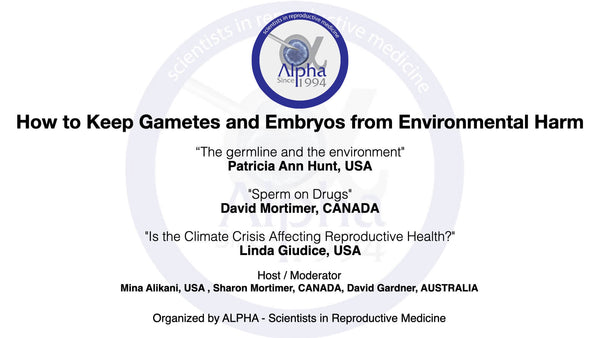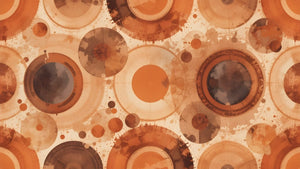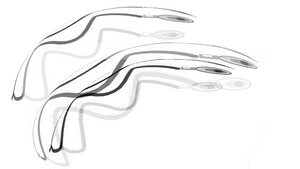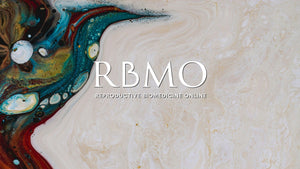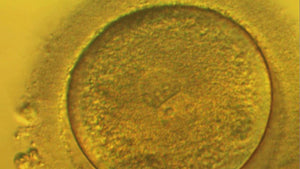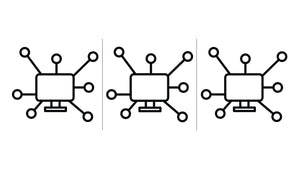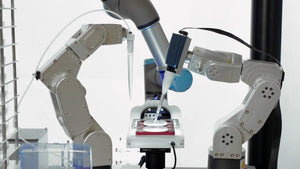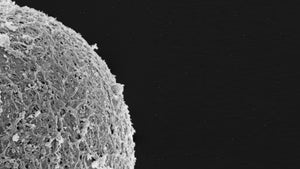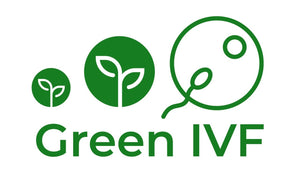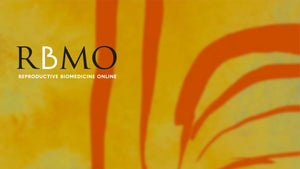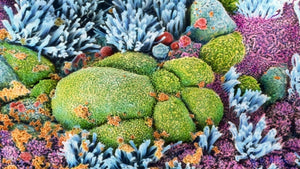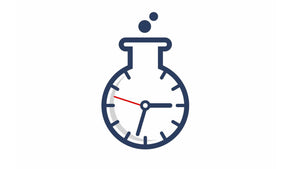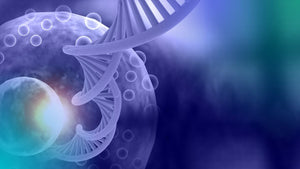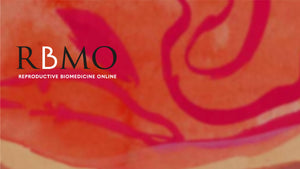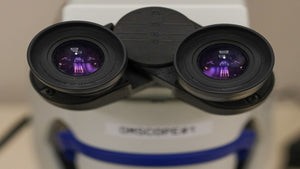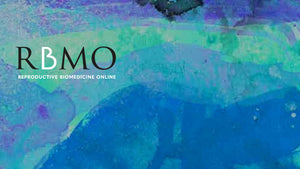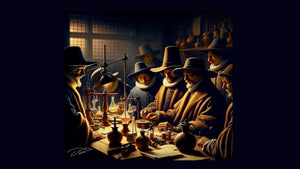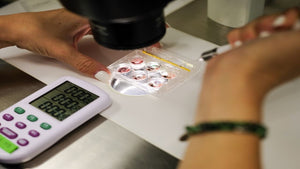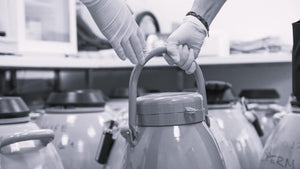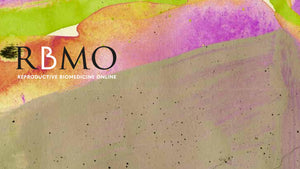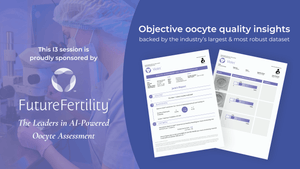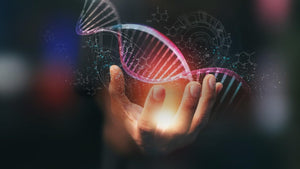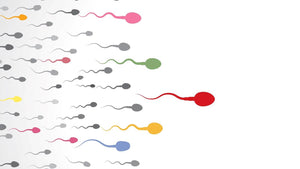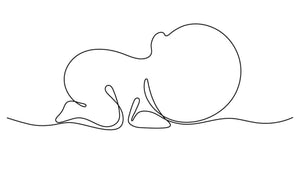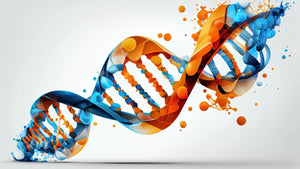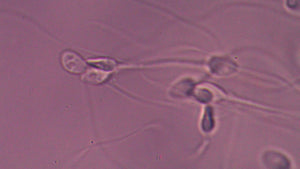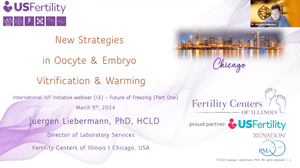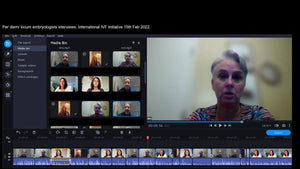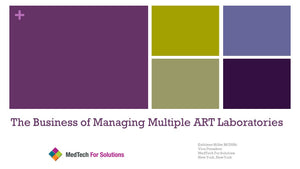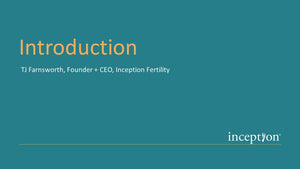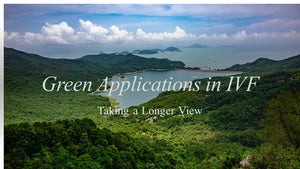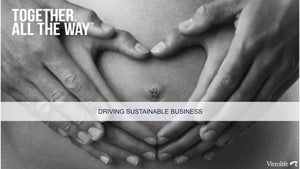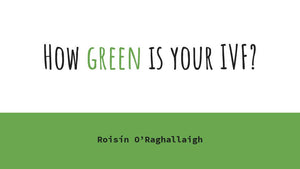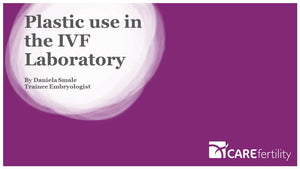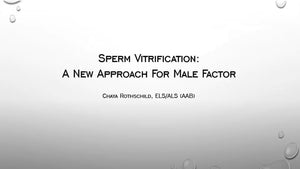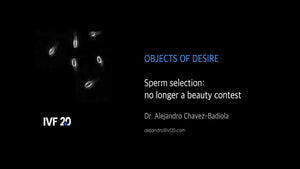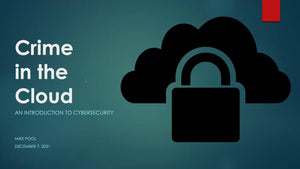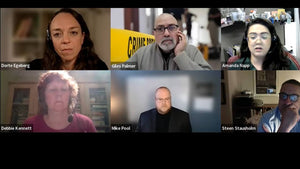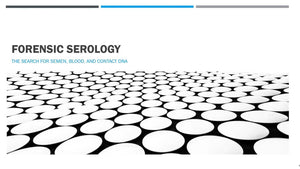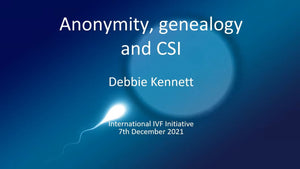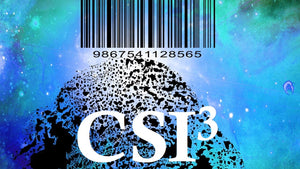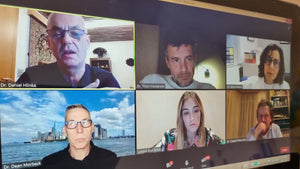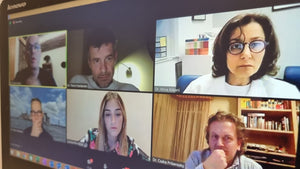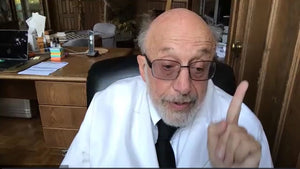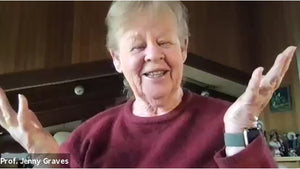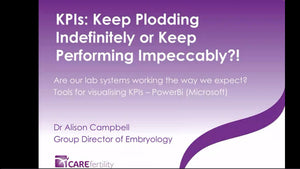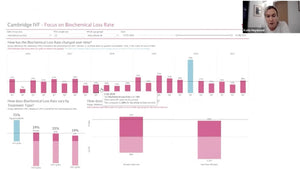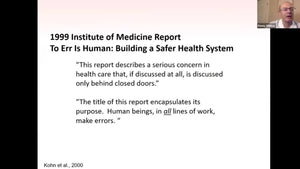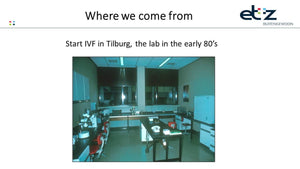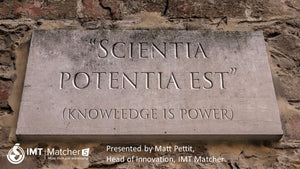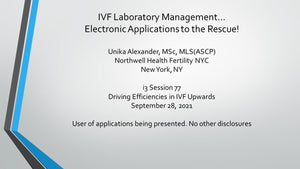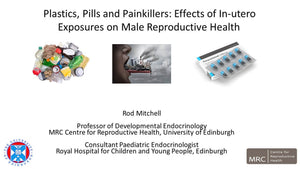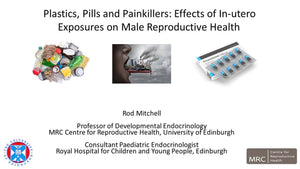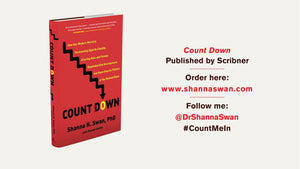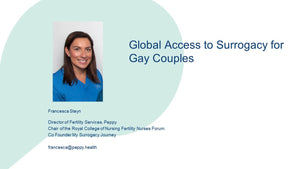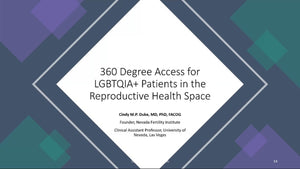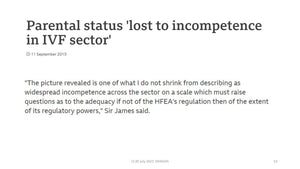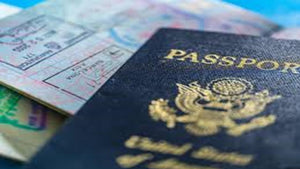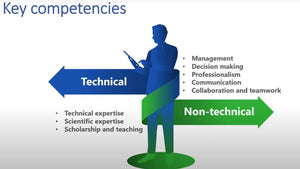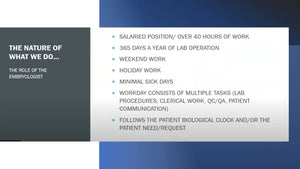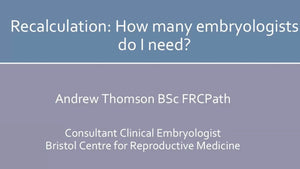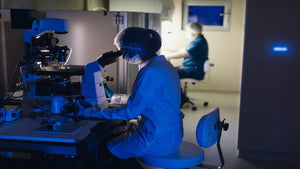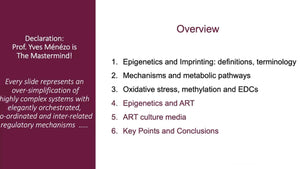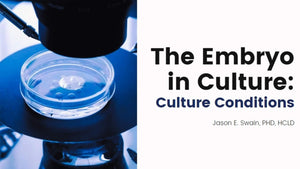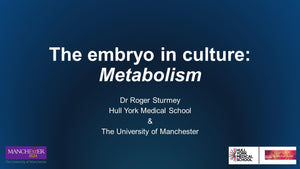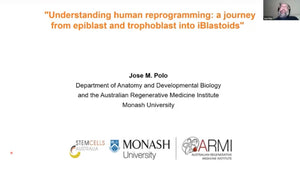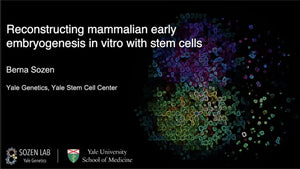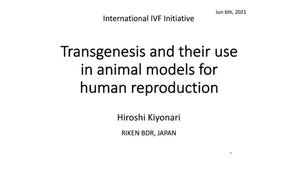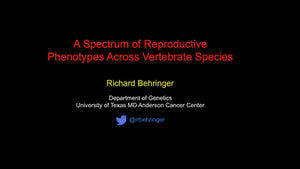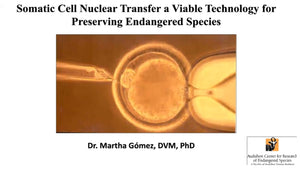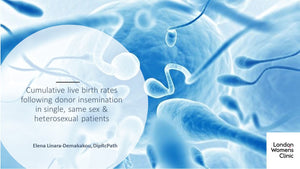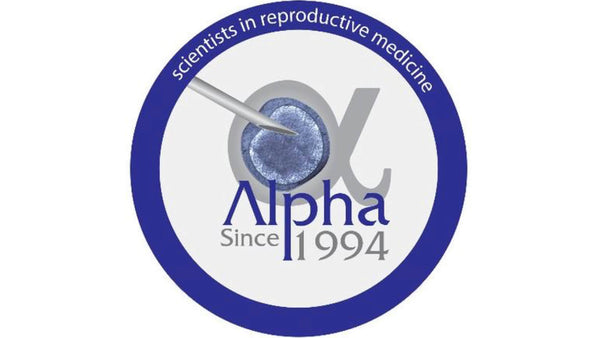
Session 25: How to Keep Gametes and Embryos from Environmental Harm

Donate
At the International IVF Initiative, we are committed to providing free access to our educational sessions, webinars, and resources for professionals and individuals passionate about advancing reproductive medicine. We believe that cost should never be a barrier to knowledge and collaboration. By contributing, you’re ensuring that valuable educational resources, expert insights, and collaborative opportunities remain open to all without financial barriers. Together, we can continue to foster a global community dedicated to innovation and excellence in the field of IVF.
Your Donation
Thank you!
Session 25: How to Keep Gametes and Embryos from Environmental Harm
Moderators: Mina Alikani, USA, Sharon Mortimer, CANADA, David Gardner, AUSTRALIA
Speakers:
“The germline and the environment"
Patricia Ann Hunt, USA
"Sperm on Drugs"
David Mortimer, CANADA
"Is the Climate Crisis Affecting Reproductive Health?"
Linda Giudice, USA
Organized by ALPHA - Scientists in Reproductive Medicine
Professor Pat Hunt

Patricia Hunt is the Meyer Distinguished Professor in the School of Molecular Biosciences at Washington State University, Pullman, WA. She started her research career studying human chromosome abnormalities. Her goal was to understand the high incidence of chromosomally abnormal eggs produced by human females and why the incidence is so strongly impacted by advancing maternal age. She remains fascinated by this complex problem, but the accidental exposure of her mice to bisphenol A (BPA) in 1998 focused her attention on the effects of common environmental contaminants on reproduction. Her current research focuses on chemical mixtures and transgenerational effects of exposure to endocrine disrupting chemicals. Dr. Hunt was named one of the top 50 researchers of the year by Scientific American in 2007, was elected to the Washington State Academy of Sciences in 2015 and received the Hartman Award from the Society for the Study of Reproduction in 2018. Her research has been continuously funded by the National Institutes of Health for over 25 years. Dr. Hunt is particularly interested in science communication and is dedicated to ensuring that future trainees not only will be outstanding scientists but easily able to communicate their findings to the general public.
Dr David Mortimer

Originally from the UK: BSc (Hons) Zoology from Bristol (UK) 1974 and PhD (Edinburgh) 1977; post-doctoral fellowships in Edinburgh, Paris and Birmingham; Faculty member at the University of Calgary (Canada) in Obs & Gynae and Medical Physiology 1983–1991. Research focussed on human sperm pathophysiology. Scientific Director of Sydney IVF (Australia) 1991–1999. Co-founder of the ESHRE Basic Semen Analysis courses in 1994. President of the Canadian Fertility and Andrology Society 2009–2010; Associate Editor of Human Reproduction Update 2011–2014. Member of Accreditation Canada’s ART Standards Working Group since 2007, and of the Canadian Standards Association since 2008. Honorary Senior Lecturer, University of Dundee School of Medicine (UK) since 2017.
David has given many invited lectures and taught in workshops and courses worldwide. Author/co-author of almost 300 conference presentations and 160 publications, including the books Practical Laboratory Andrology (Oxford University Press, 1994), Quality and Risk Management in the IVF Laboratory (Cambridge University Press, 2005; 2nd edition 2015), and A Practical Guide to Basic Laboratory Andrology (Cambridge University Press, 2010). Academic publications h-index = 39.
He became a full-time consultant in 1999 and, with his wife Dr Sharon Mortimer, established the Vancouver-based international reproductive biomedicine consulting company, Oozoa Biomedical, in 2000. Major activities include designing new ART laboratories and cryobanks, upgrading or implementing new lab systems, helping laboratories develop Total Quality Management programmes, performing TQM audits, and advising companies developing products for the reproductive biomedicine field.
He currently serves as Scientific Advisor to Mellowood Medical (Canada), Planer (UK), Hamilton Thorne (USA) as well as several ART centres internationally.
Dr. Linda C Giudice

Linda C Giudice, MD, PhD is Distinguished Professor and the Robert B Jaffe MD Endowed Professor in the Reproductive Sciences in the Department of Obstetrics, Gynecology and Reproductive Sciences at the University of California, San Francisco (UCSF). She is a biochemist and reproductive endocrinologist specializing clinically in endometriosis, infertility, pelvic pain and amenorrhea. Her research focuses on human endometrial function and regeneration, genetics and epigenetics of endometriosis, placental-uterine interactions, and evaluating the evidence of environmental impacts on reproductive health and human development. She has mentored over 250 students, fellows and faculty, authored > 300 peer-reviewed publications, and is co-editor of 7 textbooks on women’s health, endocrinology, reproductive environmental health, endometrium, and endometriosis. She has received numerous awards acknowledging her contributions to science, medicine, and mentoring the next generation. Dr. Giudice is Past-President of the American Society for Reproductive Medicine, the Society for Gynecologic Investigation, the Society for Reproductive Endocrinology and Infertility, and the World Endometriosis Society. She is President of the International Federation of Fertility Societies (IFFS), and Chair of the International Federation of Gynecology and Obstetrics (FIGO) Committee on Reproductive and Developmental Environmental Health. She is active also in global reproductive and environmental health and to improve access to quality fertility care in low and middle income countries. Dr. Giudice has served on the March of Dimes Scientific Advisory Council and is an elected member of the U.S. National Academy of Medicine and the U.S. National Academy of Inventors
